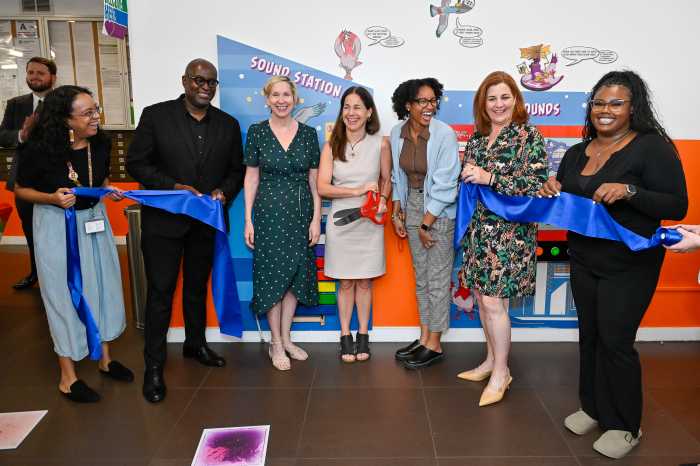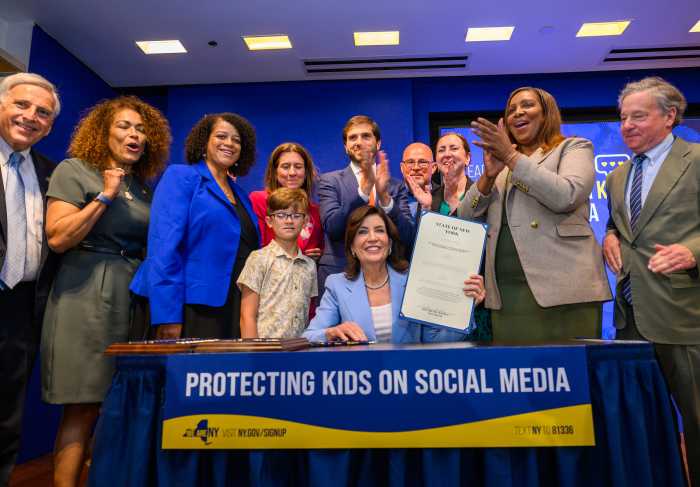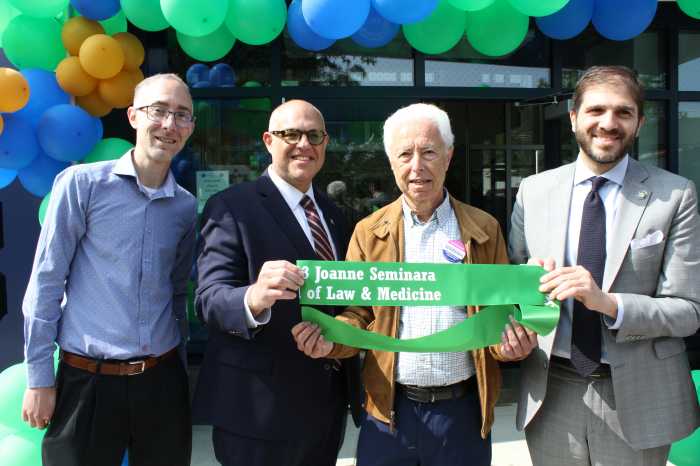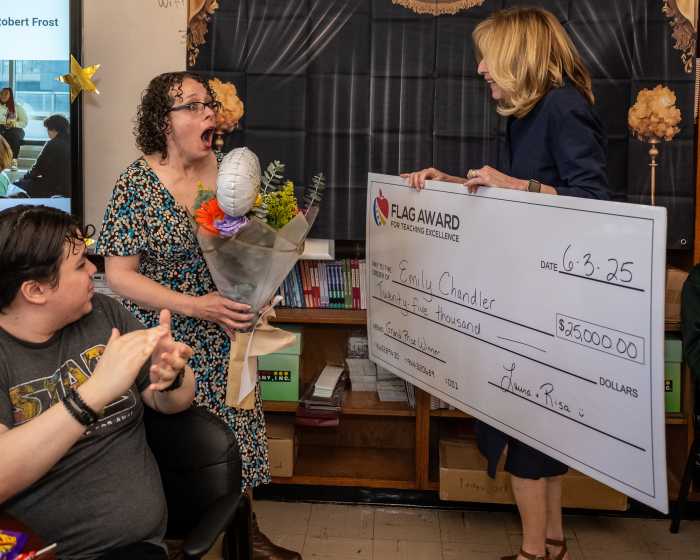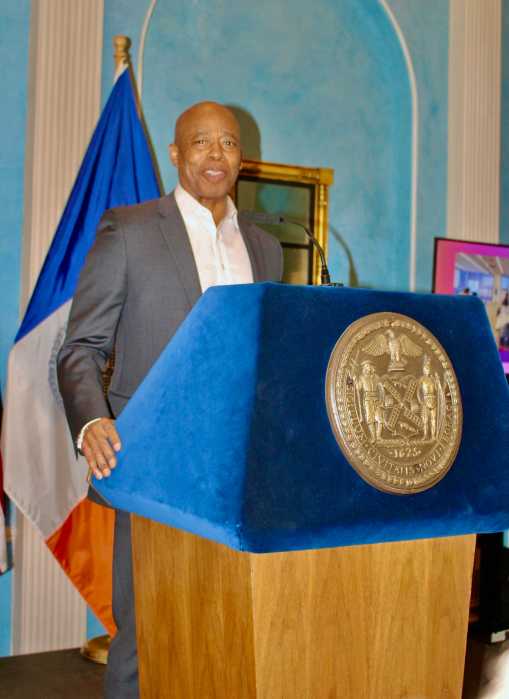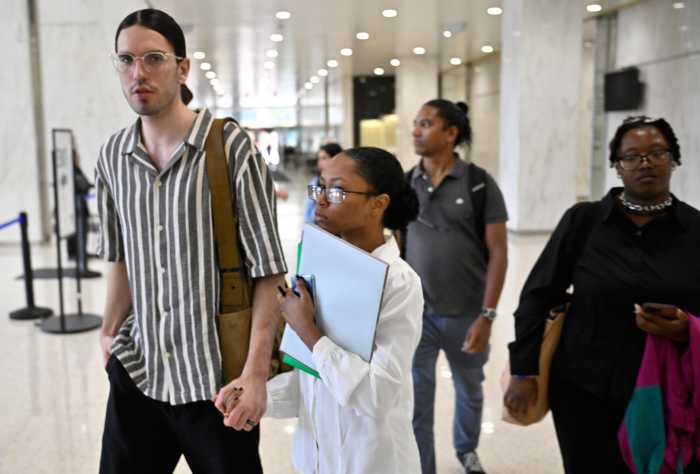I remember my teenage years like they were, well, if not yesterday, certainly somewhat more recent than three decades ago.
I remember lying to my parents because I wanted to stay at a boy’s house after a party.
I remember drinking copious amounts of punch made with Everclear, a.k.a. 151-proof grain alcohol.
I remember throwing up on occasion from too much Everclear or cheap keg beer or, once, Jagermeister. (Please, let’s not talk about the Jagermeister).
I remember when I sat zoning out on my friend’s couch after school senior year after smoking pot for the first time.
I remember when friends started doing cocaine, and ’shrooms, and acid, and I watched and asked questions and decided not to partake.
Aaah, memories.
I share them only to say that I know firsthand some of the tricks of teenagers, and that I don’t forget. I vowed never to be that mom who gave her 18-year-old a sip of wine and imagined it was the kid’s first sip. It is possible, I suppose, and it’s fine if kids don’t want to drink, but I always knew I wanted a more genuine dialogue with my kids, one that took into account their own experiences, whatever they were.
Now that I have two teenage boys (gulp), I am putting my philosophy into action every day in different ways. I have tried to impart to them that if they do try things, I want them to feel free to share without excess judgment or shaming. Certainly, at the very least, I want them to be able to come to me if something should go awry. The best way to do that — for me — is to share the fact that I remember being an imperfect teenager, and show how much I understand that they’ll be imperfect too, and I’ll still adore them.
I have friends who wag their finger at me for my attitude, despite their own early and continued experience with substances.
“I was stupid,” they might say. “I don’t want my kids doing what I did…”
To this, I heartily agree. I don’t want my kids being as stupid as I was either. Of course, I want them to be smarter.
“Evolution,” I say to my boys whenever I’m wrong and they’re right. “It stands to reason that you’re smarter than I am.”
But preaching and judging, to me, doesn’t work. I can tell my children not to do things because I might have learned from my own very visceral experiences that they are “stupid,” but clearly they’re going to have to learn their own lessons, their own way. The more understanding and empathetic I am, the more I might be able to help them sort through those lessons and come out better on the other side.
This is where fearlessness comes into play. Sometimes, I think it would be easier not to be open and honest with my children, to look away and to assume that they aren’t doing anything “stupid.” The metaphor that comes to mind is seeing my younger one playing with fire this summer, literally. He was starting a fire at our campsite, sure, but he got his face right down into it to blow on the flame in a way I thought he shouldn’t. I had to think about how to handle the way he played with the fire. It wasn’t really my choice of tactic, certainly. I knew he could get hurt, I even mentioned a couple of times that he might not want to do it that way, and yet I stood by and watched as he did it his way, and lived to tell the tale.
I don’t want to look away from my kids, to imagine that they are following my orders of “what to do and what not to do” and call it a day. No. I want to be there in the wings, watching, listening, giving them love, and understanding — all too well — the mistakes they make. And I want to run to them with hugs and empathy if they should do something “stupid.”
Cause that’s when they’ll really need me the most.



